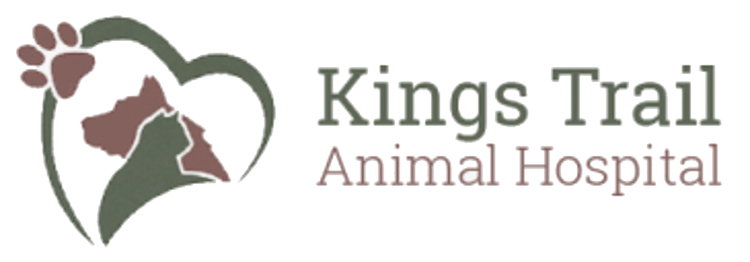Knowing how to recognize bloat in dogs is critical for giving your pet the best chance at a full recovery.
What Is Bloat In Dogs?
Bloat occurs as a result of gas and fluid buildup in the stomach, causing it to distend. In some dogs, this distension can cause the stomach to twist along its axis (also called torsion) and cuts off blood supply. As the stomach continues to distend, toxins build up and cell death occurs. Without treatment, a dog with bloat can die within a few hours.
Recognizing Bloat
Dogs with bloat may experience the following symptoms:
- Distended abdomen
- Repeated, unsuccessful attempts to vomit or belch
- Restlessness/ pacing
- Reacting with pain when stomach is touched
- Drooling
- Repeatedly looking at abdominal area
- Collapse
If you suspect your dog is experiencing bloat, seek medical attention immediately. In most cases of bloat, the dog will require surgery to remove dead tissue and to repair the stomach. Additionally, surgical measures can be taken to prevent bloat from occurring again.
Prevent and Protect Your Puo
All dogs are at some risk of bloating, but large, deep-chested breeds such as Weimaraners, Great Danes, and St. Bernards are more susceptible. The exact cause of bloat is unknown, but there are a few strategies pet owners can employ to reduce their dogs’ risk:
- Dogs who are fed two smaller meals per day rather than one large meal have a reduced risk of bloat.
- Don’t feed your dog immediately before or after strenuous activity.
- Dogs that eat quickly may be more susceptible to bloat, so use a slow feeder bowl or other slow feeding strategy if your dog is a fast eater.
- Anxious or fearful dogs tend to have higher rates of bloat, so do whatever is necessary to reduce your dog’s stress. Make sure they get exercise each day and have plenty of attention, utilize positive reinforcement training rather than punishment, and in multiple dog households feed dogs separately if competition behaviors exist.
- If you have a breed that is susceptible to bloat or your dog has bloated in the past, ask your veterinarian about a preventative gastropexy surgery designed to prevent bloat from occurring in the future.
For more information about bloat in dogs, don’t hesitate to contact your Kings Trail Animal Hospital team.


